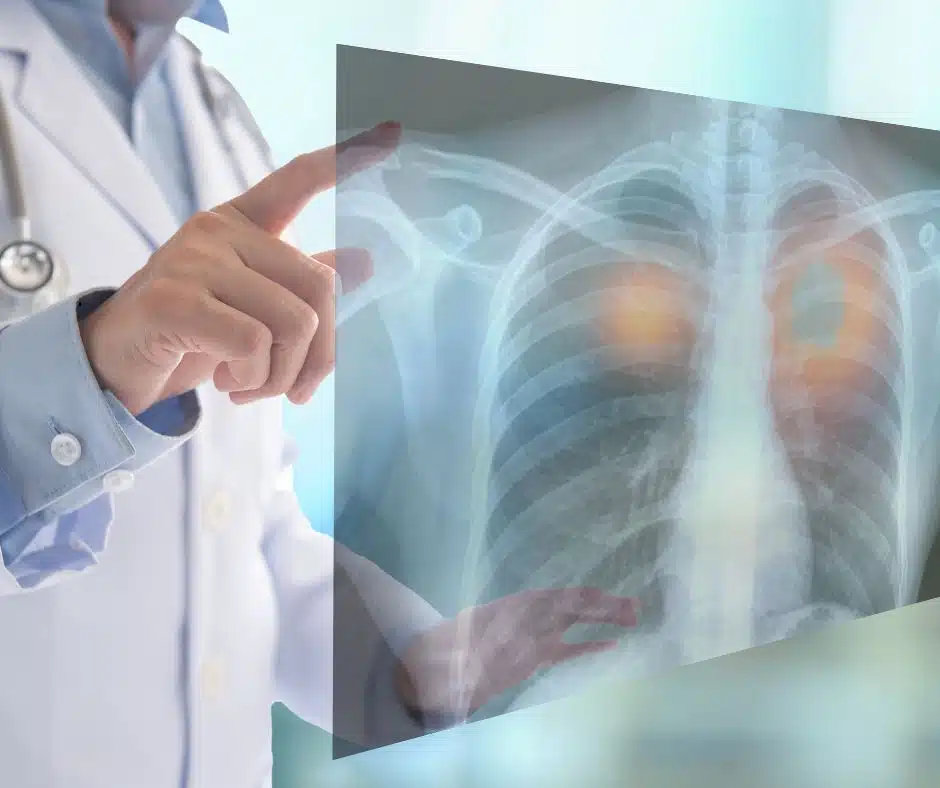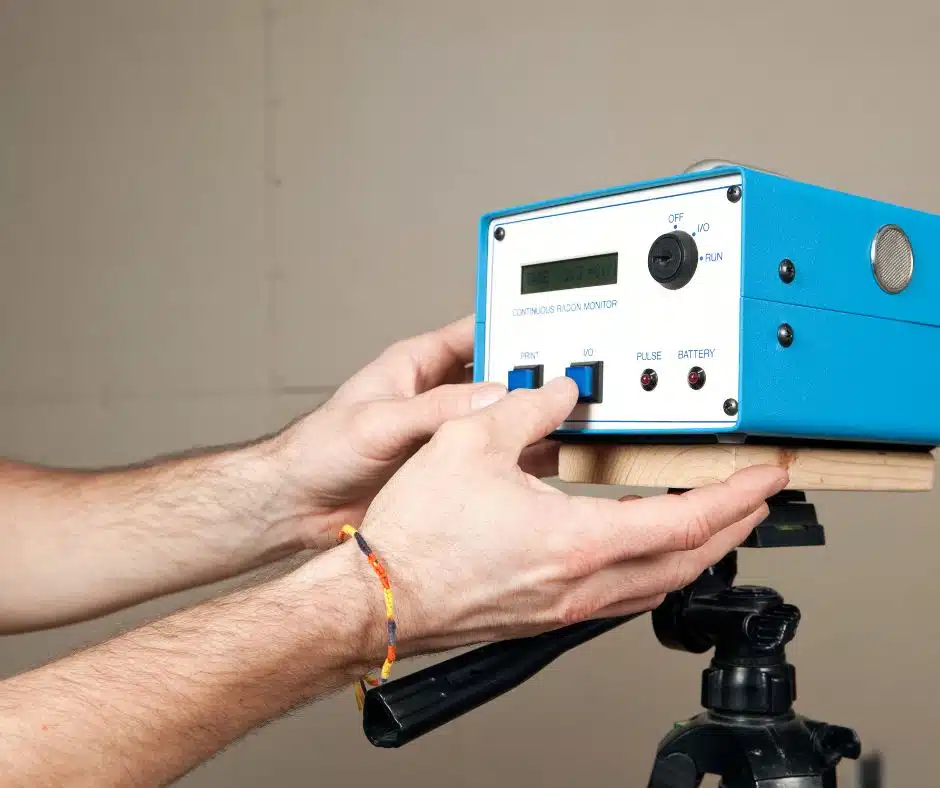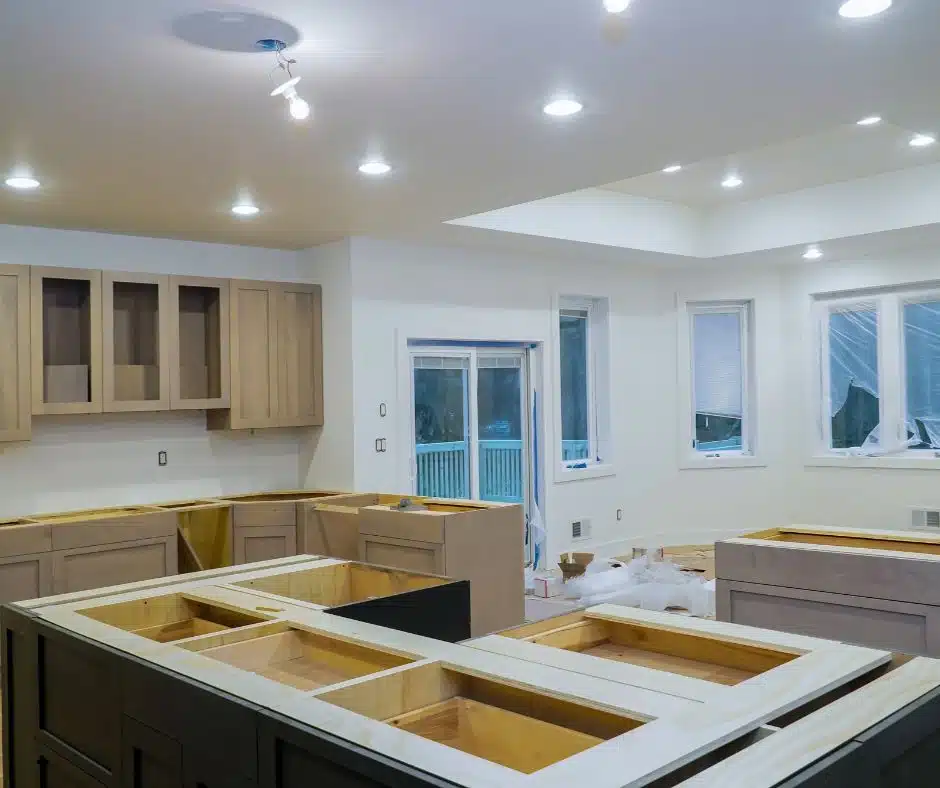When you think about your risk for lung cancer, you probably think about whether you smoke or are routinely exposed to secondhand smoke in your home or workplace. While cigarette smoking is the leading cause of lung cancer in the U.S., it is far from the only risk factor. In fact, among non-smokers, radon exposure is the leading cause of lung cancer in the U.S.—it is the second leading cause overall in the general population. Radon can be linked to 21,000 lung cancer deaths in the United States annually, so it is critical to know what the radon levels are in your home and encourage your employer to conduct routine radon testing as well.
Radon and Lung Cancer
Radon is a radioactive gas that’s odorless and invisible. It is released from rocks, soil, and water as radium breaks down in these materials. As radon is released from the soil, it can penetrate your home, where radon levels may build up and cause you to continually breathe in this radioactive gas. Over time, radioactive molecules build up in the lungs, increasing your risk for lung cancer.
A Long-Term Impact
The effects of radon exposure don’t happen overnight, so simply having a clean bill of health now does not mean that there is no radon in your home. It may take years for health problems to appear as a result of radon exposure, so it is essential to be proactive and take preventive measures to reduce your exposure.
How to Protect Yourself and Your Family
The only way to know if radon levels are high in your home is to test for it. There is no geographic area or type of structure that is immune to radon intrusion. Therefore, you should test your home once every five years, before buying or selling your home, or before and after any major renovations—especially if you are converting a basement into a finished living space. If radon levels are high, you should work with a radon mitigation company to install a radon mitigation system customized to your home. Additionally, you might encourage your employer to test for radon in your workspace, as radon exposure can happen anywhere, not just at home.
With Green Earth Remediation, you can gain peace of mind with radon testing and mitigation for both residential and commercial properties. Contact us today to schedule a radon test.





